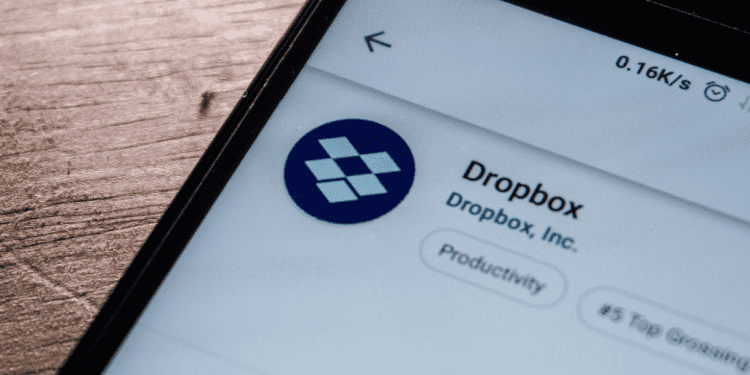- Dropbox said it is not the first platform that has had to halt its advanced storage plan, cites Microsoft and Google.
- Dropbox attributes the decision to halt advanced storage plans to consumers using it for other services like crypto mining.
- The advanced storage plan was initially created for business and organization owners.
Online storage platform Dropbox has packed up its plan to create an unlimited storage plan after discovering that a part of its user base was using the service for other purposes like crypto mining.
Dropbox became a metered storage instead of a storage platform after they discovered some crypto miners and other resource-intensive related tasks were using their recent advanced plan.
In a blog post made on August 24, Dropbox announced that they have now moved their unlimited Advance plan to a metered storage plan, which will allow their users to get 15 terabytes of storage, which will supposedly be enough to house 100 million documents.
Dropbox also added that their new plan for all the space a user could need had the potential to result in uneven usage levels. Still, it had seen recent surges that were beyond their expectation, as some consumers were making use of a thousand times more storage than Dropbox’s genuine customers.
Dropbox reported that they had noticed that a growing number of users were purchasing Advanced subscriptions not to help in running an organization or a business but instead for other purposes like Chia and crypto mining.
Dropbox also said their storage platform has also seen other high-resource uses, including resells of storage or multiple individuals pooling together storage for their personal use. Dropbox also added that the increased unintended usage growth that followed other services like Microsoft and Google, who made similar policy charges, have also decided to halt their unlimited storage plans recently.
The storage platform also said that they understand that their plan of halting their advanced storage plan would disappoint users, but they believe it is unsustainable. It would make it difficult to enforce a list of unacceptable use cases for their consumers.
Hackers have made use of crypto-jacking malware in the past to gain access to the connected device or cloud-storage account of a victim.
The malware makes use of resources of the device or cloud service to create a virtual machine that mines cryptocurrencies, and in 2021, Google reported that some attackers targeting their storage platform users could cause a compromise on the account and also install mining software within 22 seconds of it being in the cloud system.
Conclusion
Dropbox is also claiming that it would be hard to continue to maintain the advanced storage plan even if it made an acceptable user case for the plan, as they wouldn’t be able to monitor what the consumers are making use of their space for consistently.
Also following Google and Microsoft’s lead, they decided it was best to cancel the plan.












